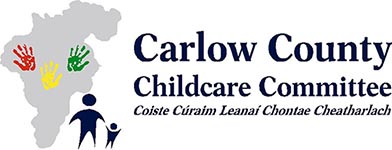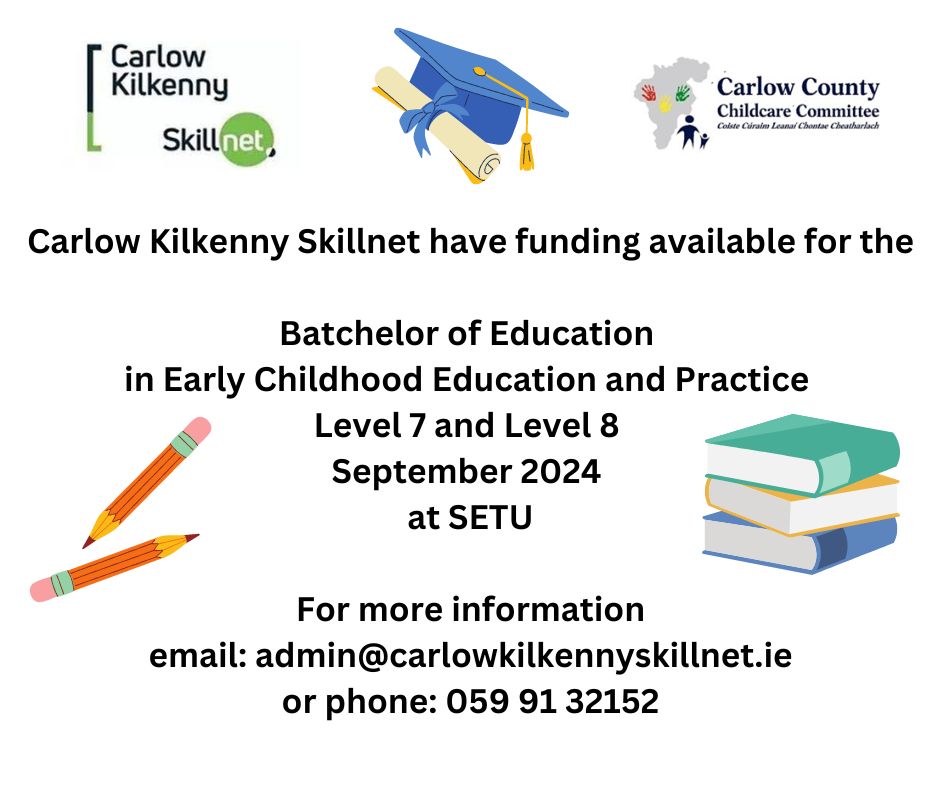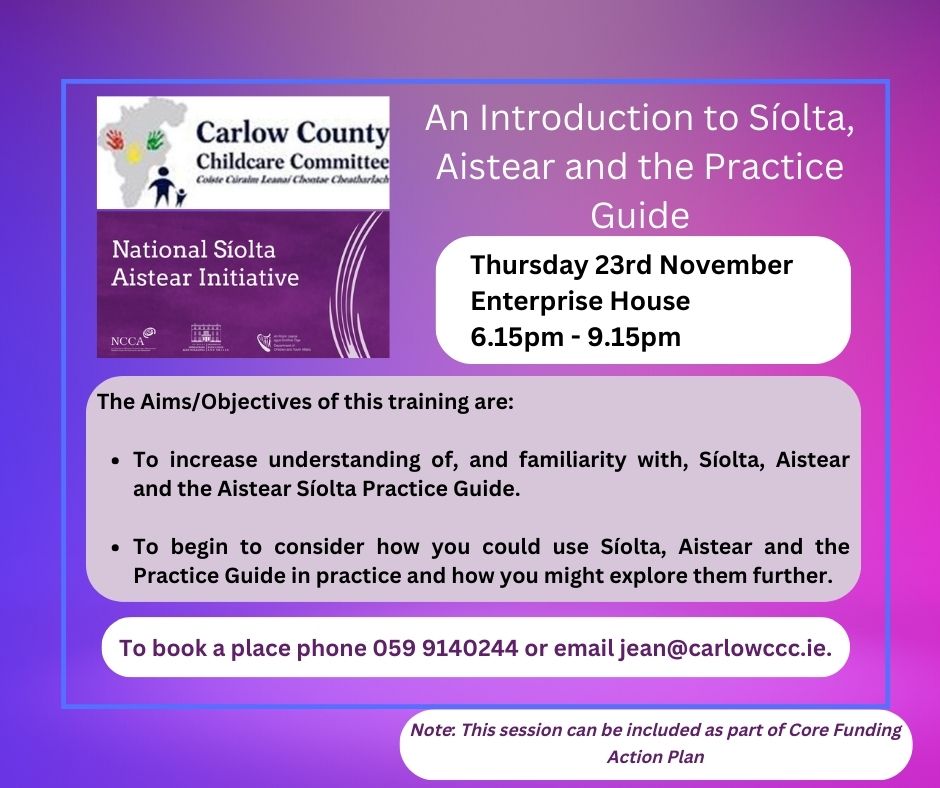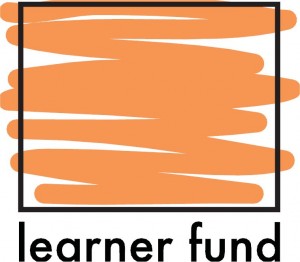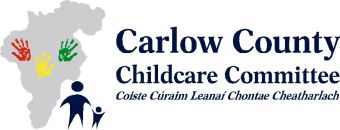Press Release: Minister O’Gorman announces €18 million Capital Grant for the Early Learning and Childcare Sector
Press release
Minister O’Gorman announces €18 million Capital Grant for the Early Learning and Childcare Sector
From Department of Children, Equality, Disability, Integration and Youth
Published on
Last updated on
- €18 million announced under the Building Blocks Expansion Grant Scheme
- Grants in 2024 for Early Learning and Childcare services to expand their capacity by means of internal renovations and reconfigurations
- Scheme will deliver thousands of Early Learning and Childcare places in areas of undersupply
- Scheme will use new analysis to target funding at areas with biggest supply gap
- Maximum fee threshold will apply to ensure that places delivered through this funding are not unaffordable
Roderic O’Gorman, Minister for Children, Equality, Disability, Integration and Youth, has today announced an €18 million Capital Grant Scheme for the Early Learning and Childcare Sector.
The Building Blocks Capacity Expansion Grant Scheme is part of the wider Building Blocks Capacity Grant Scheme for Early Learning and Childcare under the revised National Development Plan 2021-2030 (NDP).
The primary focus of the Expansion Grant Scheme is to increase capacity in the 1-3 year old (pre ECCE) age range for full day or part-time care. This will be achieved by funding projects that reconfigure or internally renovate existing Early Learning and Childcare services to accommodate additional children in this age category.
The Expansion Grant Scheme will be open to Core Funding partner services.
The Department of Children, Equality, Disability, Integration and Youth has examined the levels of supply and demand for Early Learning and Childcare using the latest census data and information on existing provision and enrolments, as well as CSO data on commuting patterns, to generate insights into the extent to which existing levels of supply meet local demand across the country. This analysis is being used to identify areas of undersupply across the country, allowing the funding to be targeted at areas most in need.
A further feature of this scheme will be the application of a maximum fee threshold for Early Learning and Childcare places that are delivered through this funding. In line with the objectives of the Minister to improve access to affordable, quality early learning and care, funding for capacity expansion will only be made available to services that charge fees below a maximum fee threshold.
Welcoming the announcement, Minister O’Gorman said
“Ensuring high-quality Early Learning and Childcare that is affordable and accessible to all is a key priority for Government. In recent years, the Government has invested significantly to reduce costs to parents, yet we know that early learning and childcare can be difficult to access in certain areas of the country. The Expansion Grant Scheme will provide for an immediate increase in affordable Early Learning and Childcare places in 2024, and will be specifically targeted in areas in where they are needed most. It will be the first of two significant capital investment schemes, to be delivered in 2024 and 2025.”
He added
“I hope this will provide a huge support for services that are ready to expand capacity through smaller-scale renovations and upgrades. Since I announced the Building Blocks Capacity Scheme in December, my Department has worked closely with Pobal and the network of City and County Childcare Committees to prepare to deliver the scheme. ”
In addition to the Building Blocks – Capacity Grant, the Department of Children, Equality, Disability, Integration and Youth continues to progress a range of actions to ensure the supply of Early Learning and Childcare aligns with demand including:
- The establishment of a new Supply Management Unit in January. The Unit will manage the design and delivery of the Building Blocks Capacity Grant. The Unit will also focus on developing the division’s forward planning capacity to better estimate supply and demand and develop effective responses to meet supply gaps.
- Engagement with the Department of Housing, Local Government and Heritage Updating the 2001 Planning Guidelines for Local Authorities on Early Learning and Childcare Settings.
- The regulation of childminders under the National Action Plan for Childminding, which will allow the National Childcare Scheme to open to parents who use childminders from autumn 2024.
ENDS/
Note for Editors:
Key features of the Expansion Grant Scheme:
Projects of between €50,000 and €100,000 will be funded to deliver additional capacity, e.g. where services can renovate or upgrade existing space to cater for more children. This grant will be open to both private and community-based services, under the following conditions:
- Private Providers can apply for funding between €25,000 and €50,000.
- Community Providers can apply for funding between €50,000 and €100,000.
- Match funding will be required for privately owned services, with a maximum contribution by the
Department of 50% of total project costs. Match funding will not be required of community-led services.
In order to be eligible for grants, services must commit to increasing their service provision by at least five places for 1-2 year olds or at least six places for 2-3 year olds (pre ECCE) , or to increase capacity over both age cohorts to a minimum of 6. Places for children in other age brackets may also be eligible for funding once the minimum requirements are met.
Minimum requirements for the number of hours of provision per week and weeks per year will also apply.
A key feature of the scheme will be a check to ensure that fees charged by services applying do not exceed a maximum fee threshold. This is to ensure that capital investment does not result in the delivery of places that are unaffordable to parents.
The maximum fee threshold has been determined using data on fees from the Pobal Early Years Sector Profile and applying a statistical technique, Tukey’s Fence, to identify outliers from the normal range of fees. Accounting for variation in the range of fees charged, a ‘fence’ is established. Any fee values above the fence are classified as outliers. The method was applied to the data for the country as a whole for both full and part time fees.
- The maximum fee threshold for full time care is €295 per week.
- The maximum fee threshold for part time care is €190 per week.
The Department and Pobal have jointly developed a Relative Demand Model using the latest census data and information on existing provision and enrolments, as well as CSO data on commuting patterns, to generate insights into the extent to which existing levels of supply meet local demand across the country. This analysis will enable the funding to be targeted to where it is most needed.
Applications are ready to be opened in February with closing date of 3rd April. Services will be notified of the outcome of their applications in June.
